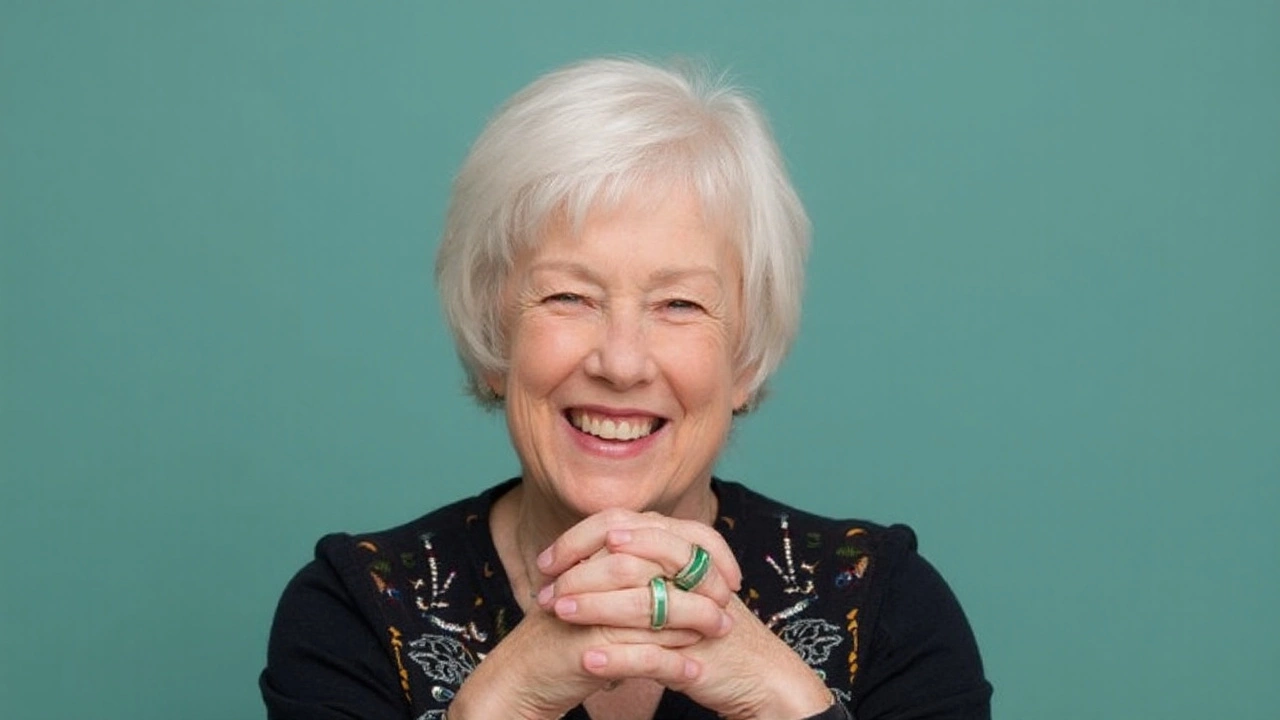What Wilson said and why it matters
Jacqueline Wilson has never ducked hard topics. The author behind Tracy Beaker and Hetty Feather built her career writing about foster care, domestic abuse, and kids on the margins. So when she weighs in on the fight over what children should read, people listen. In a new interview, she warned that the surge in book censorship is a “huge worry,” especially in the United States, and said the UK often copies those cultural battles.
Her concern isn’t abstract. PEN America, which tracks restrictions, reported a 28% jump in bans and limitations during the 2022–2023 school year compared with the prior six months. Targets were consistent: books about LGBTQ+ lives, race, American history, and sexuality—plus a few surprises, like schools slicing back Shakespeare to avoid running afoul of new rules. Florida, Texas, and a handful of other states account for much of the action.
Wilson sits in the tricky middle on rewriting classic children’s books. She dislikes sweeping, values-scrubbing rewrites that leave a familiar story barely recognizable. But she also recognizes that some language in older books can genuinely shut young readers out. Her bottom line: keep the originals available, and don’t pretend a cosmetic rewrite fixes everything. Let readers and families choose.
That stance lands at an awkward moment for publishers. On one side, parents and advocacy groups demand cleaner copies of beloved titles. On the other, authors, librarians, and free-expression groups warn that over-editing erases history and flattens voice. Wilson’s point is simple: tolerance is thinning, and debates are turning black-and-white when they should be thoughtful and specific.

The bigger fight over children’s books
Two trends are getting mixed up—and Wilson separates them. One is the wave of bans and challenges in schools and libraries. The other is the quiet rewriting of older books for modern sensibilities. They often get discussed together, but they’re not the same thing.
On bans, the numbers keep climbing. The American Library Association said 2023 saw efforts targeting a record number of unique titles in schools and public libraries. PEN America’s latest school-year tally showed a sharp increase too, driven by organized campaigns and new state policies. The pattern is clear: titles about race, gender identity, and sexual orientation make up the bulk of the challenges. Teachers report pulling books preemptively to avoid trouble, and many districts now require new approval steps for classroom libraries.
The rewriting story is different. In 2023, Roald Dahl’s children’s books were edited by the publisher to soften language and remove descriptions now seen as offensive. The blowback was fast and loud, prompting the release of a parallel “classic” line that kept the original text. Around the same time, new editions of Agatha Christie and Ian Fleming were tweaked to remove or reword racist terms and other content. Dr. Seuss’s estate had earlier pulled several titles from publication, citing hurtful imagery.
Wilson argues for nuance. She’s not against all changes, all the time. Context matters: who’s doing the editing, why, and how visible the changes are. Swapping one word that has become a slur is not the same as flattening characters, cutting jokes until the rhythm dies, or reworking a book’s spine to meet the moment.
So what actually changes when publishers step in? It usually falls into a few buckets:
- Removing words now widely recognized as slurs or demeaning identifiers.
- Softening descriptions of bodies, weight, disability, or appearance.
- Cutting lines that rely on stereotypes or outdated social hierarchies.
- Adding content notes or age guidance before the text begins.
Each move has trade-offs. Take out the slur and you may lower the barrier for a new reader. Keep it, and you preserve the historical record and authorial voice, which matters when the point is to show kids how language and attitudes change. That’s why Wilson keeps returning to access: make sure the original text stays in print or on the shelf and label editions clearly so families and teachers can decide.
Classrooms and libraries sit at the flashpoint. Teachers don’t just teach stories; they teach context. When Shakespeare gets reduced to excerpts, it’s often because adults worry that a single stray scene could trigger a complaint. But chopping out the messy parts can also remove the conversation students need to have about power, gender, violence, or prejudice. Wilson’s work, which has helped generations of kids name hard things, underscores that value.
The politics are impossible to ignore. In several states, new laws put heavy penalties on schools that assign or display books officials decide are “inappropriate.” The rules are vague, and vagueness breeds fear. Librarians talk about self-censorship. Publishers rethink what they print, anticipating trouble before it arrives. Meanwhile, national polling in 2023 consistently showed most voters don’t want books banned—even if they welcome clearer age guidance. That gap between policy and public sentiment fuels the sense that a loud minority is steering the agenda.
There’s also the money. Publishers live off the backlist—those classics that sell year after year. If a perennial favorite sparks controversy, they face a tough choice: risk bans and lost sales, or tweak the text and risk a cultural backlash. The Dahl compromise—edits for new releases plus a “classic” line—was one attempt to thread the needle. It won’t be the last.
So what might a sane middle ground look like? Wilson’s comments point to a few practical steps:
- Parallel editions: keep the original text in print while offering a lightly updated edition clearly labeled as such.
- Transparent notes: include a short editor’s note explaining what changed and why, rather than burying the work of sensitivity readers.
- Age guidance: offer realistic age bands and classroom supports so teachers aren’t guessing where a book fits.
- Context in teaching: equip educators with discussion guides that address difficult language and themes directly.
The risk in any of this is pretending trade-offs don’t exist. Strip away every rough edge, and you lose voice, tone, and grit. Ignore the lived experience of kids who have to read slurs about people like them, and you close doors. Wilson’s career—millions of books read by children who saw themselves on the page—makes her message land: hold the line against bans, be careful with edits, keep choices open.
There’s a UK angle too. While Britain hasn’t seen the same wave of removals as the US, the Dahl controversy started there, and publishers know they operate in a global market. What happens in Texas or Florida doesn’t stay there; it shapes the business decisions of London and New York. That’s why Wilson says she’s worried. The UK often imports American culture wars a few months late.
The debate isn’t just about freedom in the abstract. It’s about what kids will actually encounter in a school library, what teachers feel safe to teach, and what kind of reading culture we hand down. Bans shrink the shelf. Heavy-handed rewrites shrink the book. The alternative—choice, context, and clarity—takes more work from adults but gives young readers the full range of stories and the tools to handle them.
Wilson’s voice cuts through because it comes from the writing desk, not the barricade. She knows the impulse to fix a line that feels dated. She also knows the danger of sanding away everything that makes a classic a classic. Keep the originals available. Label changes honestly. Trust readers and teachers to do what they’ve always done: talk about what’s on the page, and why it still matters.
